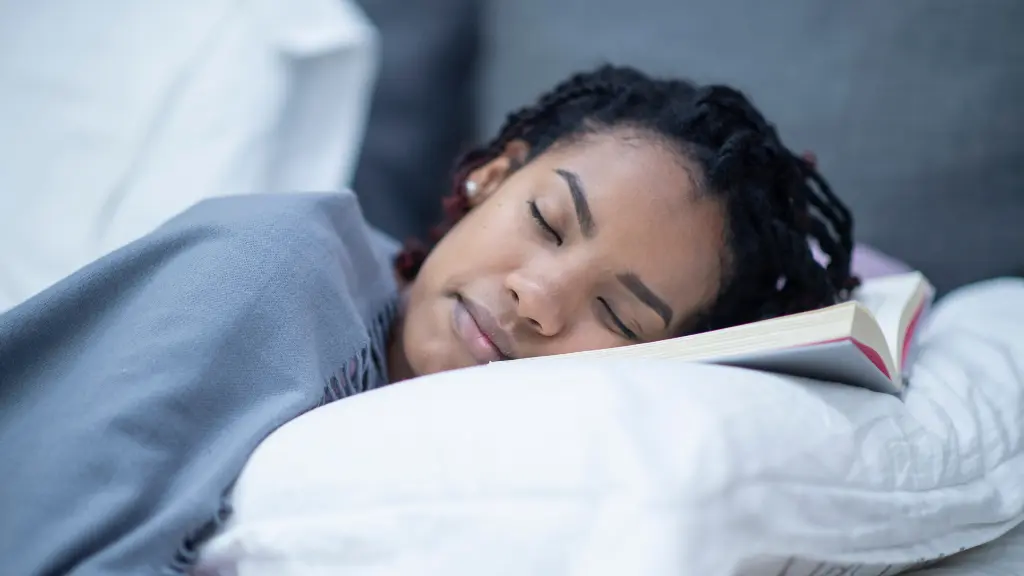Feeling tired and unfocused during the day? You’re not alone. Many people experience an energy slump, especially in the afternoon. The good news is that a power nap can help. Backed by science, power naps can boost energy, sharpen focus, and even improve your mood.
Let’s dive into the benefits of power naps and how to make them work for you.
You May Also Like: How to Meal Prep: A Beginner’s Guide to Simplify Your Week
1. What Is a Power Nap?
A power nap is a short nap lasting 10 to 30 minutes. Unlike longer naps, which may leave you feeling groggy, a power nap provides a quick energy boost without interfering with nighttime sleep.
2. The Science of Napping
Napping has profound effects on the brain and body.
How It Works
- Improved Alertness: Short naps allow the brain to reset, improving focus and reducing fatigue.
- Memory Boost: Napping strengthens connections in the brain, aiding memory retention.
- Mood Enhancer: Resting helps regulate stress hormones, making you feel calmer and happier.
Stages of Sleep
- A power nap allows you to reach light sleep (Stage 1 and 2), avoiding deeper stages that cause grogginess.
- This light sleep is sufficient to recharge your mind and body.
3. Benefits of Power Naps
1. Boosts Energy
A quick nap can recharge your energy levels, making you more productive for the rest of the day.
2. Enhances Focus
Napping improves cognitive performance, helping you concentrate better on tasks.
3. Improves Mood
Naps help reduce irritability and stress, leaving you feeling refreshed and positive.
4. Aids Learning and Memory
Studies show that napping enhances learning ability and memory consolidation.
5. Promotes Heart Health
Regular naps have been linked to reduced risk of cardiovascular issues by lowering stress levels.
4. When Is the Best Time to Nap?
Timing your nap correctly is crucial for maximizing its benefits.
Ideal Nap Time
- Early to mid-afternoon (between 1 p.m. and 3 p.m.) is best.
- This aligns with your natural circadian rhythm when energy dips.
Avoid Late Naps
- Napping too late can interfere with nighttime sleep.
5. How to Take the Perfect Power Nap
1. Keep It Short
- Limit your nap to 10–30 minutes to avoid sleep inertia (grogginess).
2. Create a Nap-Friendly Environment
- Find a quiet, dark, and comfortable space.
- Use an eye mask or earplugs if needed.
3. Set an Alarm
- Setting an alarm ensures you don’t oversleep.
4. Get Comfortable
- Recline or lie down to relax your body fully.
6. Who Can Benefit from Power Naps?
1. Students
Naps can improve memory and help retain information during study sessions.
2. Professionals
A quick nap can boost focus and productivity during work hours.
3. Parents
Catching short naps can help parents recover from sleep deprivation.
4. Athletes
Napping restores energy and enhances performance.
7. Myths About Napping
Myth 1: Napping Is for the Lazy
Truth: Napping is a proven method for improving health and productivity.
Myth 2: Naps Ruin Nighttime Sleep
Truth: Short naps taken earlier in the day won’t disrupt your sleep schedule.
Myth 3: You Always Feel Groggy After a Nap
Truth: Sleep inertia occurs only with longer naps that enter deep sleep stages.
8. Potential Drawbacks of Napping
1. Grogginess from Oversleeping
Long naps can leave you feeling disoriented.
2. Disrupted Nighttime Sleep
Napping too late in the day may make it harder to fall asleep at night.
3. Not a Substitute for Poor Sleep Habits
Naps help but can’t replace a healthy nighttime sleep routine.
9. Alternatives to Napping
1. Take a Walk
Physical activity can quickly refresh your mind and body.
2. Drink Water
Dehydration can cause fatigue, so stay hydrated.
3. Try Deep Breathing
Breathing exercises increase oxygen levels, boosting energy and focus.
10. Quick Tips for a Better Nap Routine
- Be Consistent: Nap at the same time daily if possible.
- Listen to Your Body: Nap only when you feel tired.
- Combine with Caffeine: Drink a small amount of coffee before napping. The caffeine will kick in as you wake up.
Conclusion
Power naps are more than a quick escape from your day—they’re a scientifically-backed tool to boost energy and focus. By napping smartly and consistently, you can improve productivity, mood, and overall well-being.
Give power naps a try and feel the difference! Share your experiences with the hashtags #PowerNaps and #BoostFocus!












[…] You May Also Like: Explore How Power Naps Improve Energy, Focus, and Productivity. […]